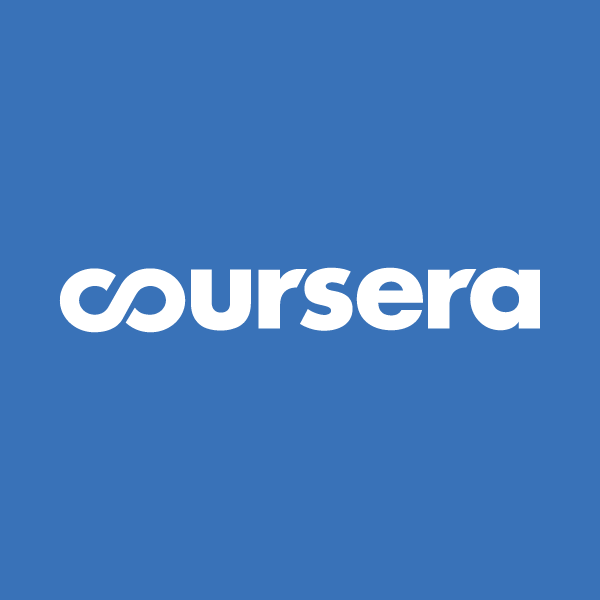
We all know how hard the quarantine has been on us and our community members. And one of the big issues this has shown to everyone is the extreme problems of the digital divide. We are an information profession, and when people cannot access information we can’t do our jobs – and they suffer for it.
The organizations providing access to the internet can, fortunately for them, afford really good lobbyists and legislators to help them write laws protecting themselves against any competition. This gives them the ability to just increase prices anytime – to any level, and to provide any level of service, or lack of service. None of us have realistic options. We’ve seen a lot of important topics related to justice and equality in society improve recently; giving everyone affordable, realistic access to the internet would be an excellent issue to help bring a better community for everyone.
This is a podcast from NPR’s Planet Money, about a town in North Carolina that tried to fight back. Spoiler: they lost. (Not much of a spoiler, as you may have seen from your latest internet bill – if you have access to it at all.)
This is an issue that speaks directly to our members: we serve a predominantly rural population, and there are few areas in our membership that have a bunch of extra money floating around. I grew up in the cornfields of Central Illinois – and we couldn’t even get cable TV because there aren’t enough people in rural areas to make it profitable. They still don’t have the option to buy access to the internet there. It’s the same in too many places.
This is a problem, and it’s going to be a big problem for us as the need to stay home, to attend school online, and to keep working online, will be with us for quite a while. Now is a good time to get informed, so we can be ready to move ahead with this as one of the crucial issues of our time.
Check out this excerpt from Inside Higher Education, and you can find the whole article here.
“Pam Eddinger, the president of Bunker Hill Community College in Boston, tweeted something so true and helpful that it really deserves much more attention that it received. She was responding to a story about students who struggle with broadband access, which is utterly devastating when classes are being held remotely. As she put it, universal Wi-Fi is “one of the few cross-sector silver bullets. No downside for Public K12 and Higher Ed, Public Health, Business and Commerce. #nodownside”
I couldn’t agree more.
Our current system of broadband is the worst of all worlds. It’s basically a patchwork of unregulated monopolies, or, if you’re lucky, duopolies. Although broadband functions like a utility, we treat it like a discretionary consumer item. That enables providers to charge pretty much whatever they want, knowing that most customers have little choice but to pay it. Longtime readers can recall me ranting from time to time about my struggles with Comcast back in Massachusetts; the root of those struggles was that there was no other provider. I couldn’t take my business elsewhere unless I was willing to go without internet entirely, which wasn’t a realistic option. A regulated system could provide more reasonable rates, as we have with electricity. A competitive market could provide better service and better rates. But an unregulated private monopoly is abuse waiting to happen.
For many of our students, internet access is a greater challenge than a device. We can (and do) loan out laptops, but they’re only useful when they’re connected. Used laptops or iPads are fairly cheap, but monthly broadband isn’t.
This isn’t just an issue for colleges. If it wasn’t obvious before the shutdown, it should be clear beyond argument now that fast, reliable, affordable internet access is a prerequisite for engagement in the larger economy. Cheap and excellent broadband is a tool for equity, but also for economic development. It would particularly help low-income people, but everyone would benefit from being able to tell exploitative monopolists to go pound sand. Providing broadband on a universal basis would give it a broad base of political support, protecting it against bands of roving austerians. It’s both egalitarian and pro-market; in many ways, the arguments for it are parallel to the arguments for good public education.”




